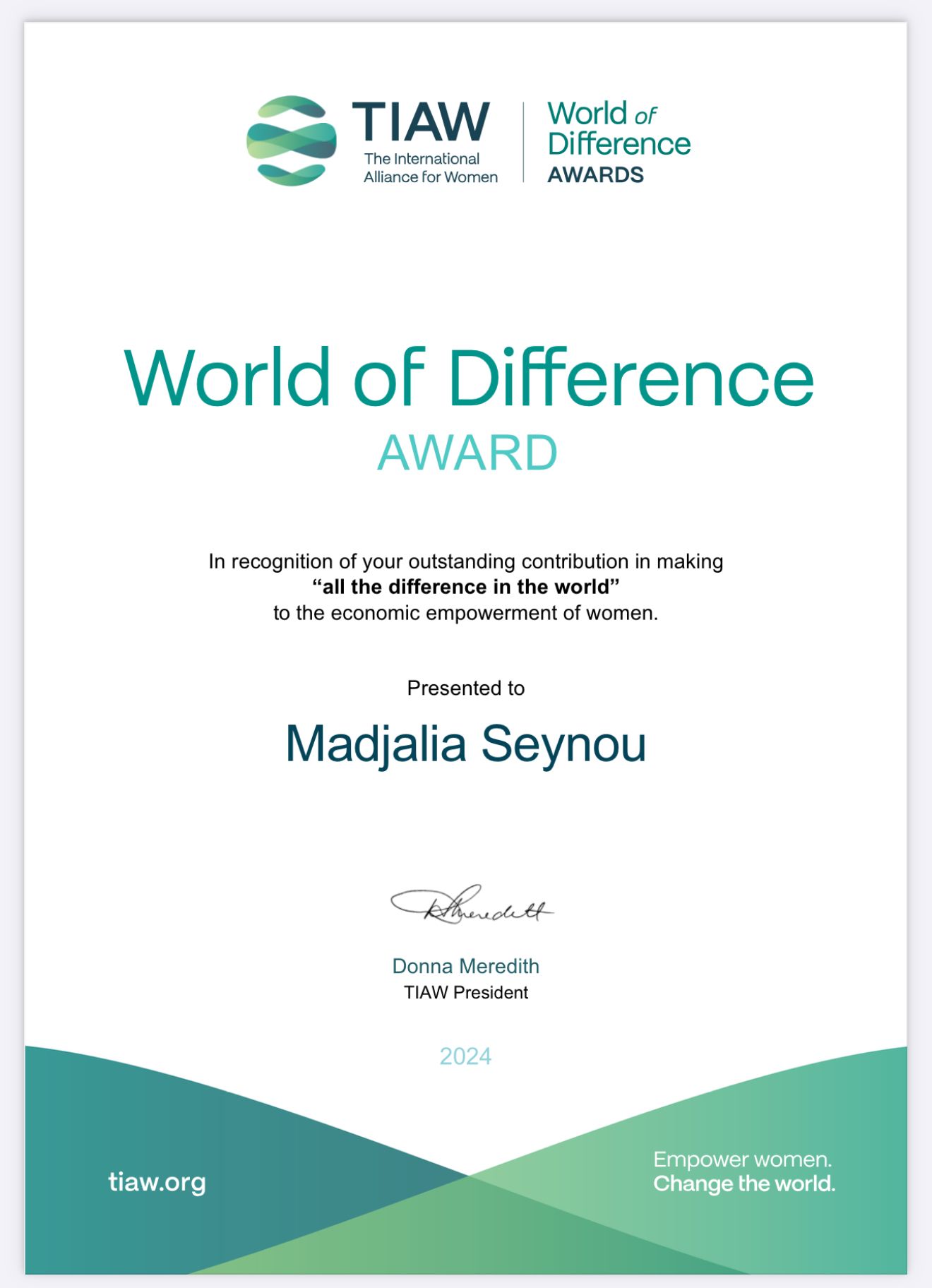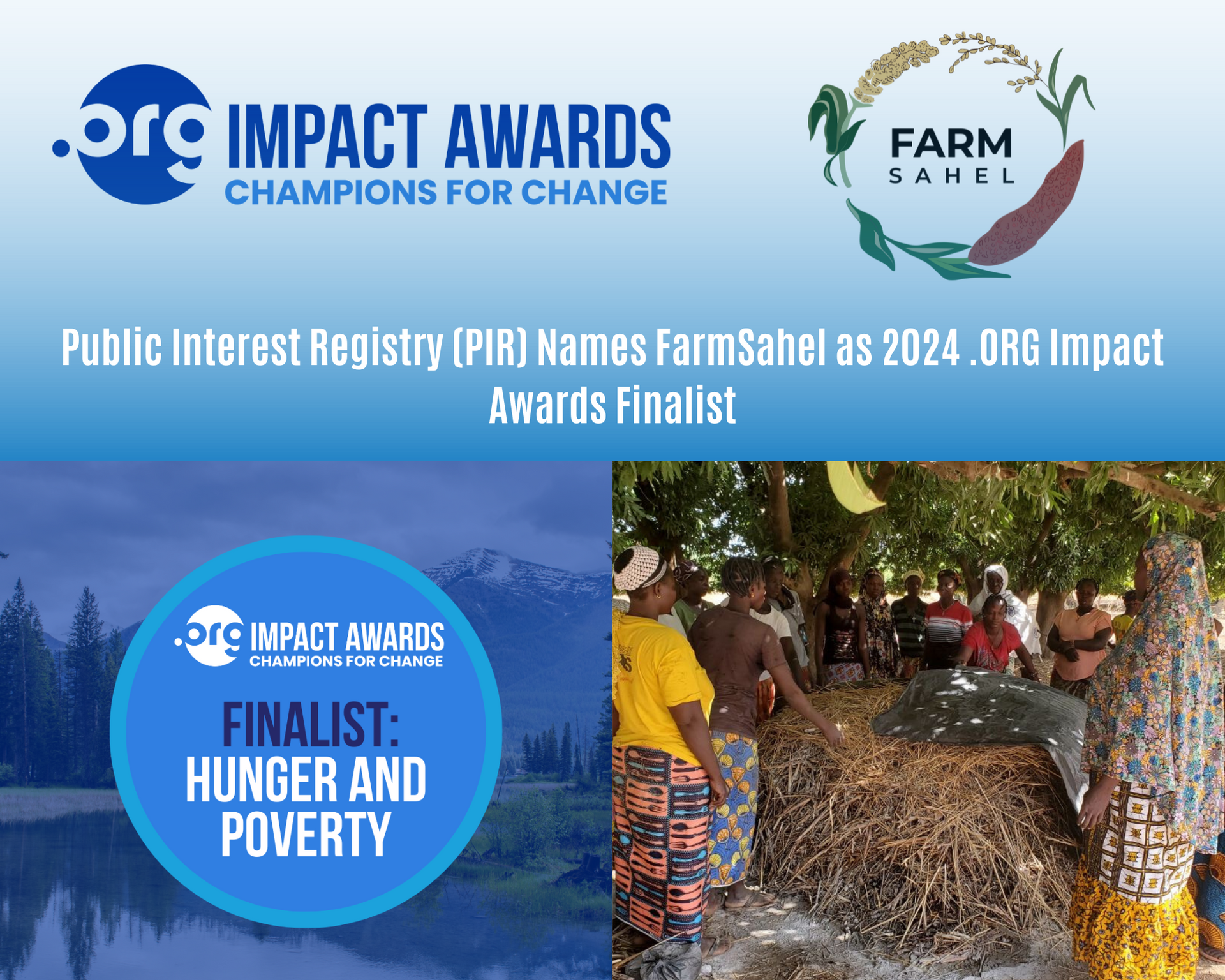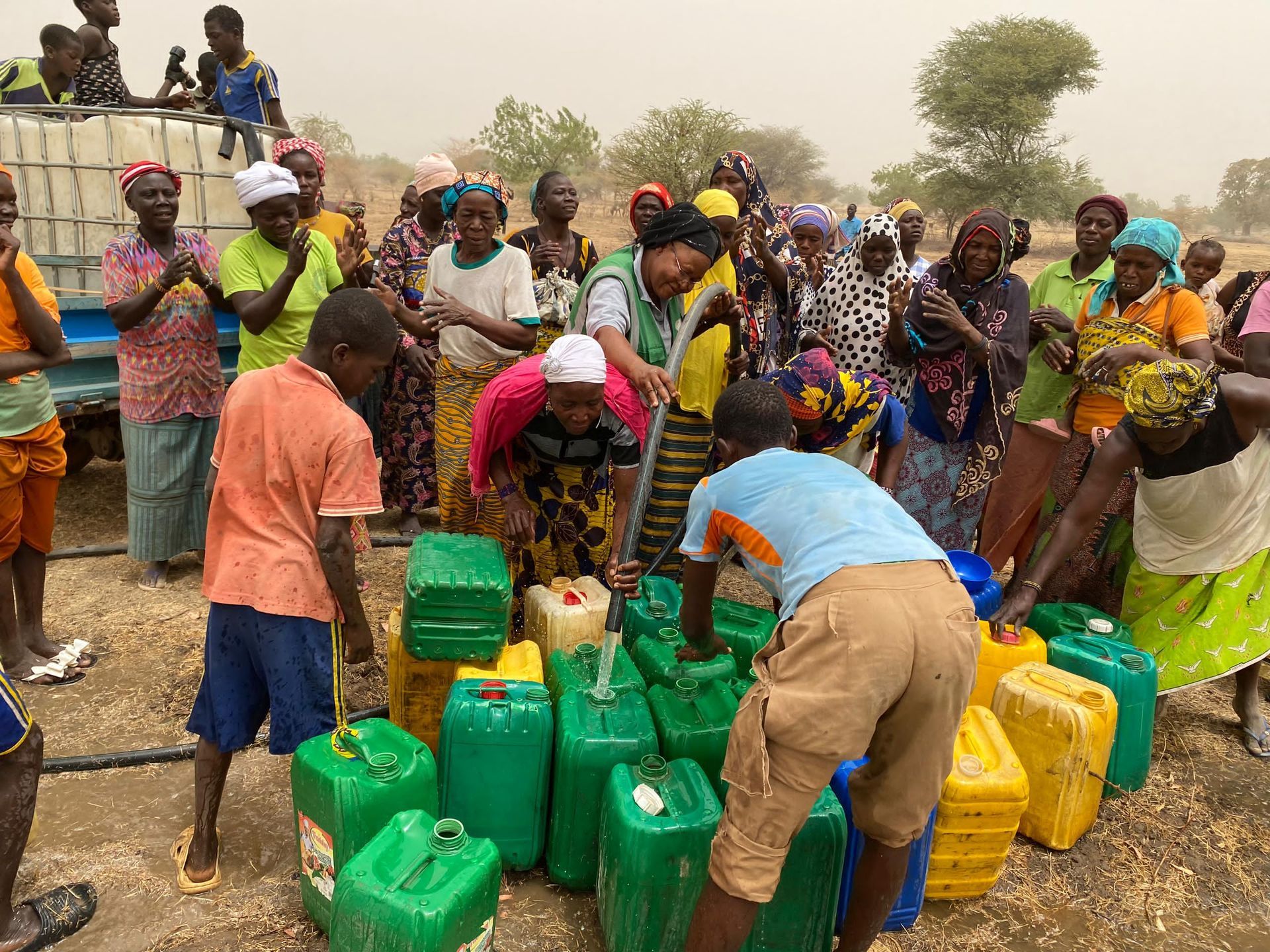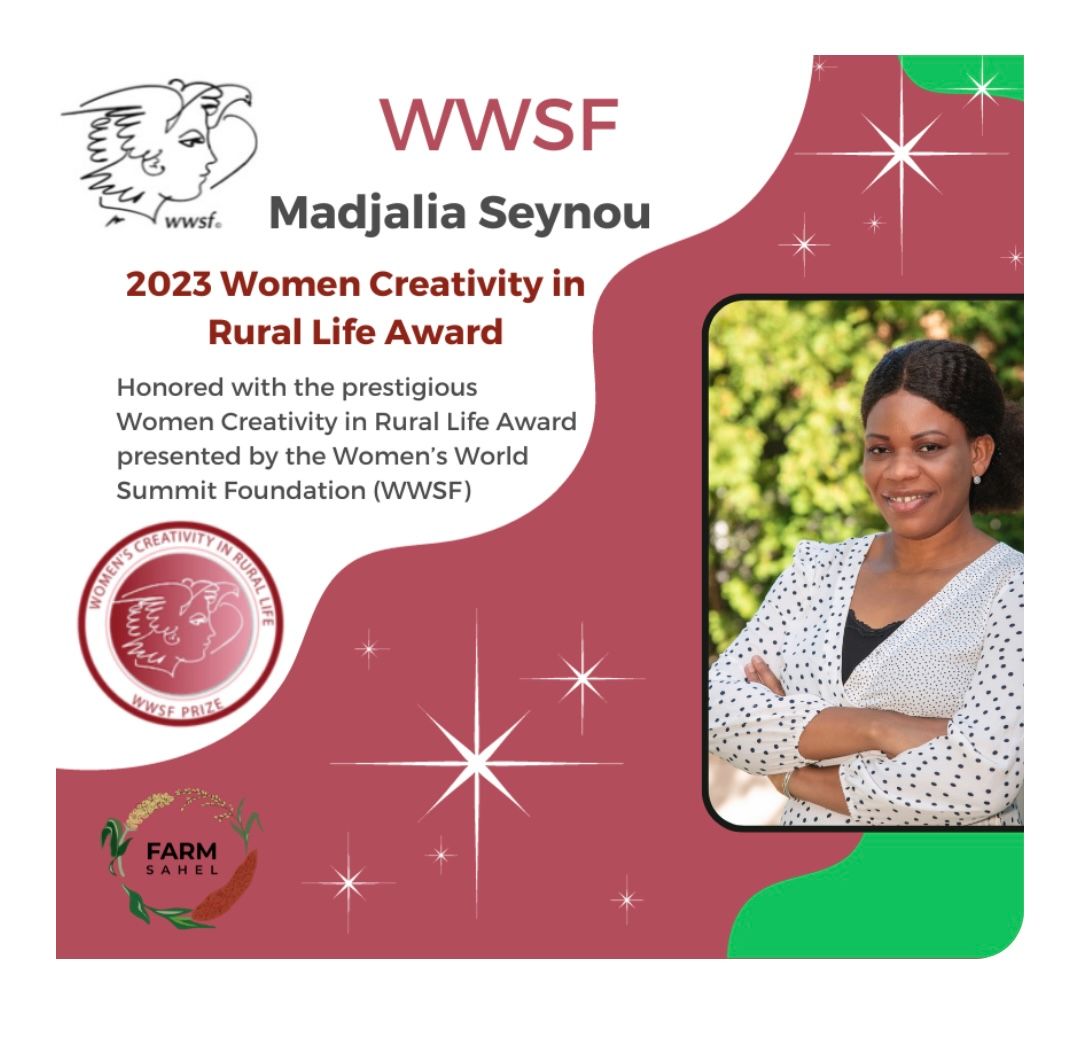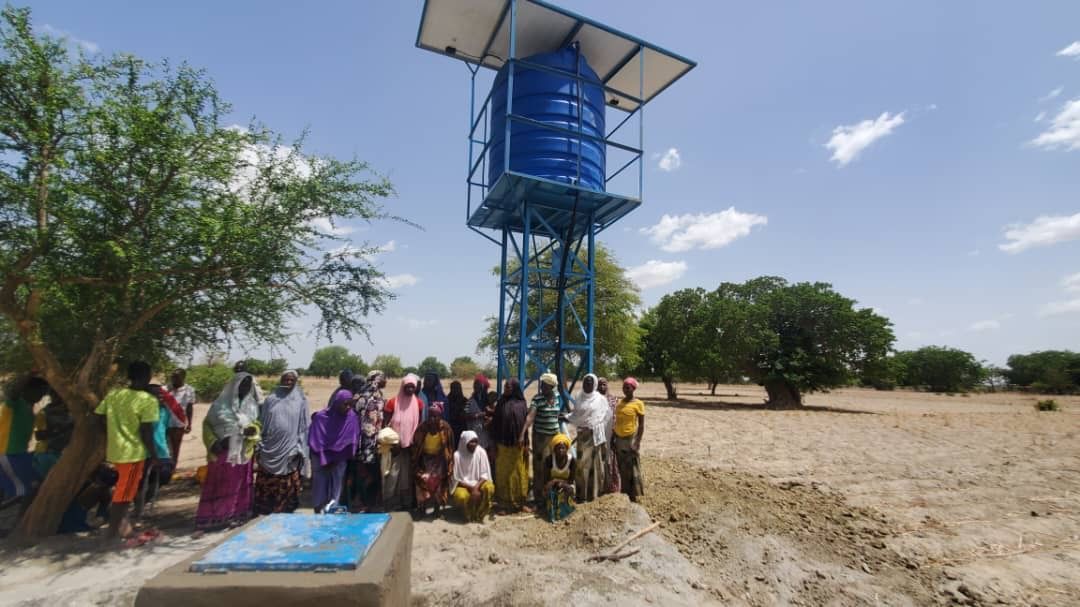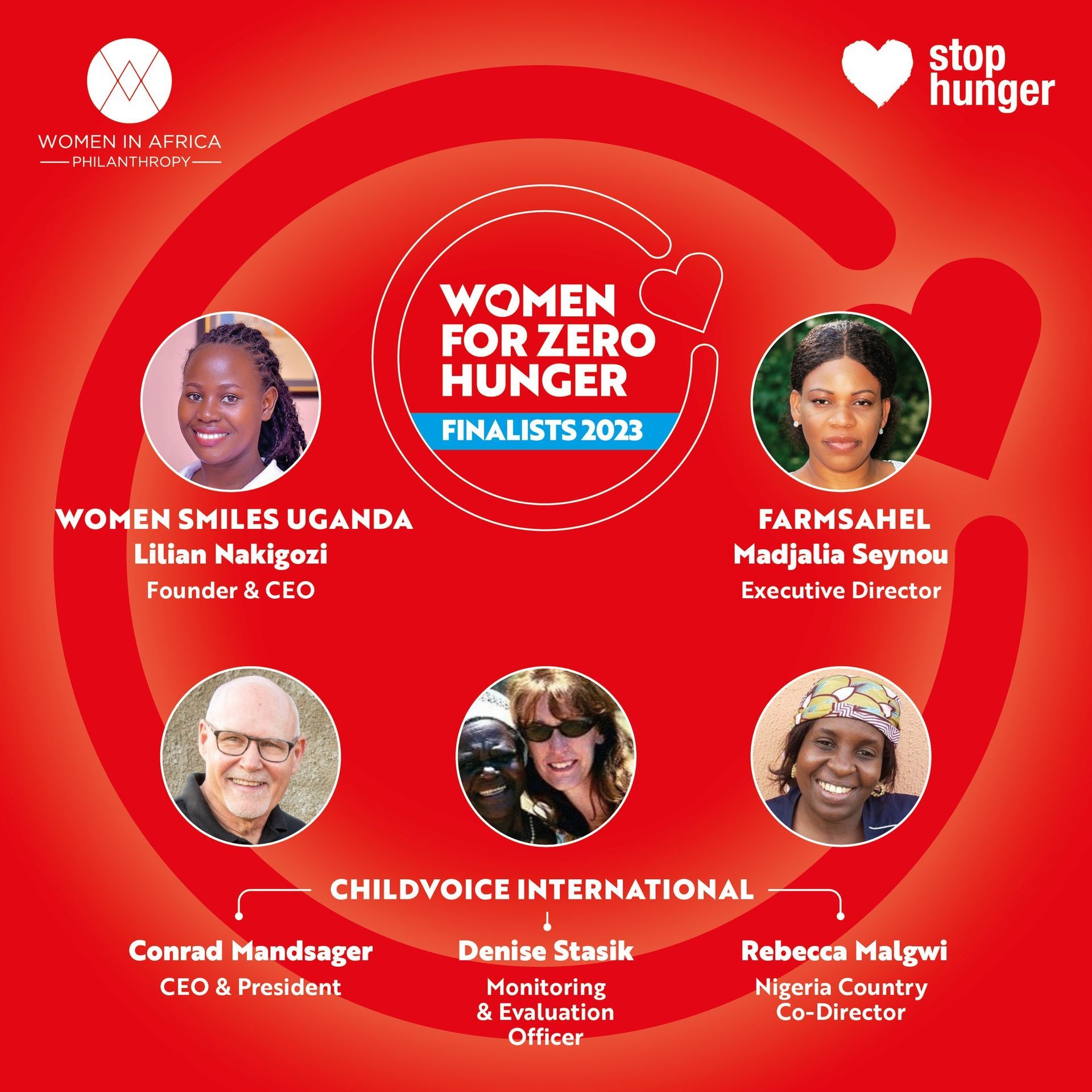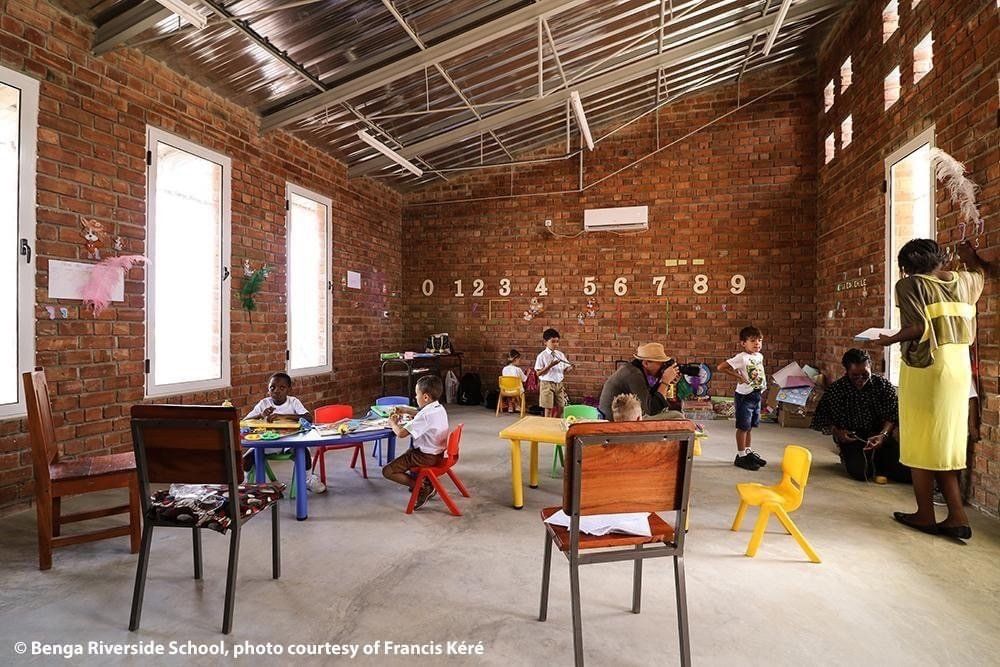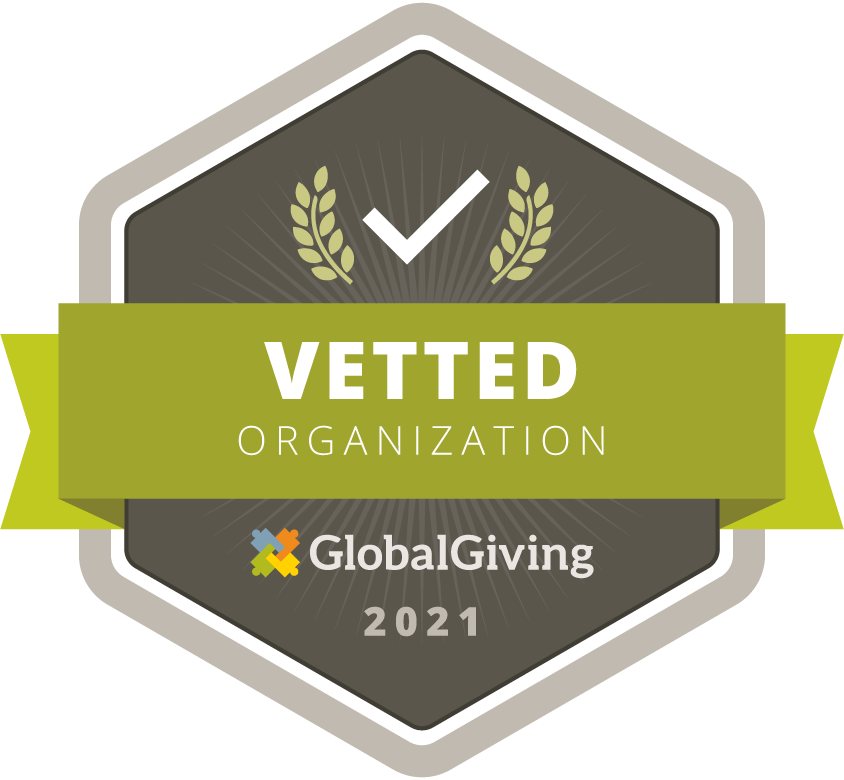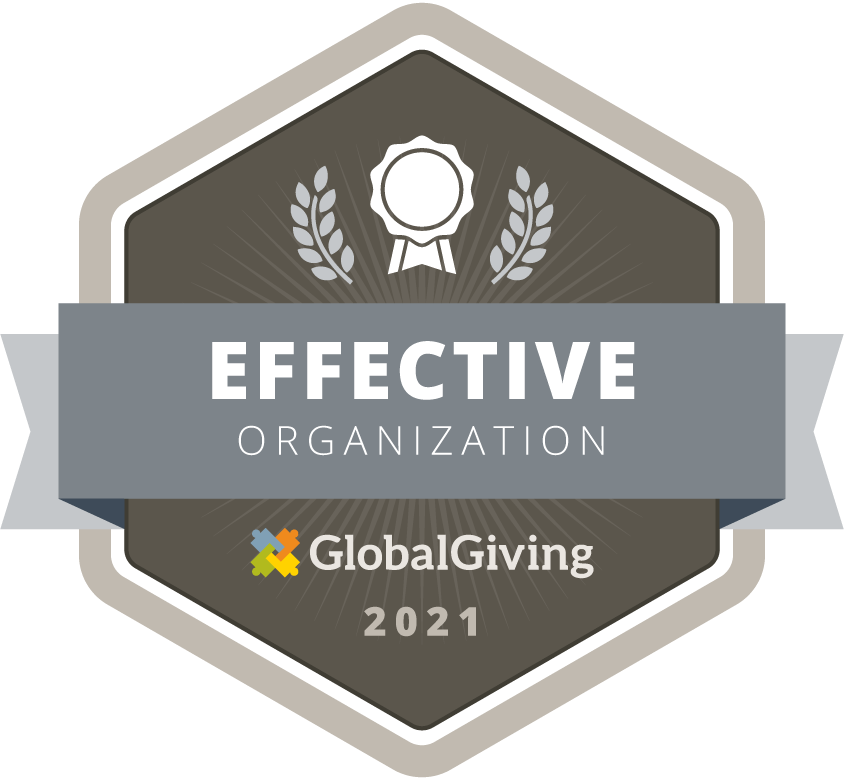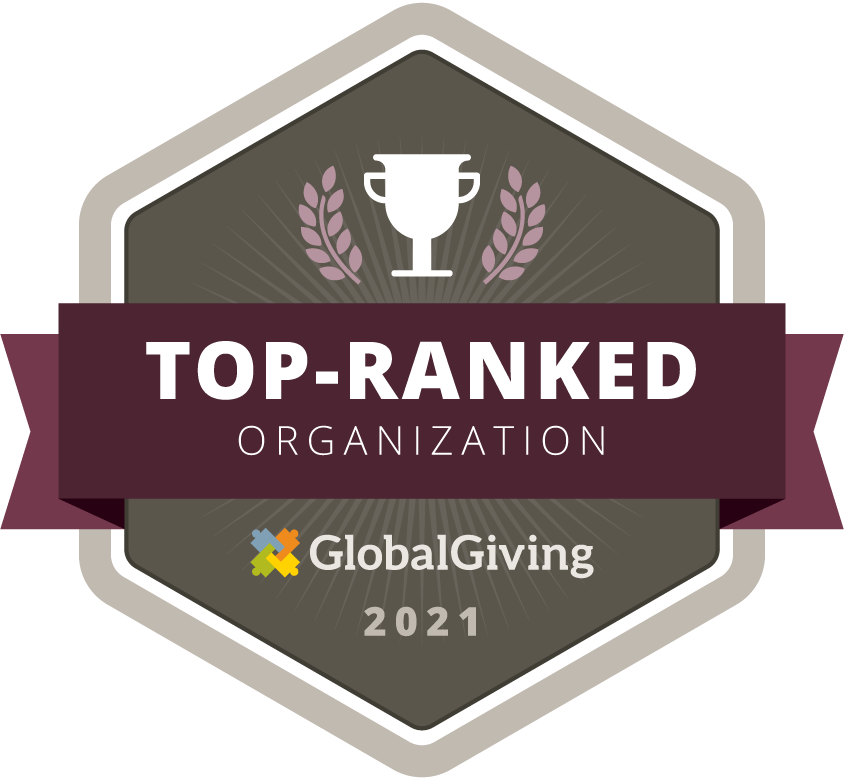The Failures of Foreign Aid
Last year, the United States government gave $42,784,665,322 in foreign aid, including $61,050,000 to Burkina Faso. The main idea that has guided development theory through the last half-century is that aid and large donations can remedy poverty. While millions have moved out of poverty in the past 50 years, it has had less to do with international aid, and more to do with economic development taking place in countries that received very little aid, mainly in Asia.
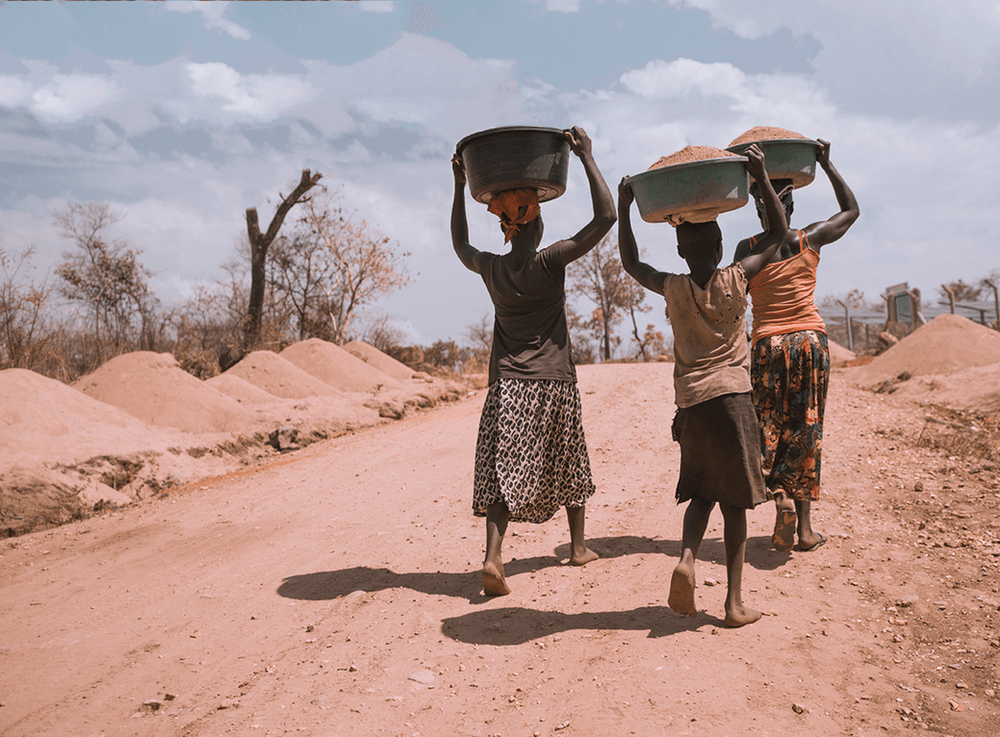
In actuality, more than a quarter of countries in sub-saharan Africa are poorer now than they were in 1960, a sharp reversal of the idea that aid breeds economic improvement. This large pouring in of economic aid hasn’t been able to remedy the many ales that have plagued developing society for decades. So, why is this?
In general, it is because foreign aid infrastructures have changed very little over the past several decades, and have neglected to listen to developing countries, tending to instead think that they know best. A prime example of this is the $13.5 million United States funded project that was attempted in Burkina Faso last year. The US State department along with the United States Agency for International Development each spent nearly a year of staff time and resources, along with millions of dollars on a project that ultimately failed.

While representatives from both agencies have blamed COVID19 for the failure of the project, the real issues stem from the basic misunderstanding that many Western countries have regarding aid to developing nations. Firstly, the US government neglected to take the time to fully invest in Burkina Faso and familiarize themselves with the country before actually beginning their campaign. Investments occurred without much consultation from local leaders or a full understanding of the many factors that were in play at the time. Likewise, the agencies neglected to send agents into the field to gain a better understanding until they had already formulated their plan. Starting without a proper understanding of the situation quickly led the project to failure.
This lack of understanding then compounded with the fact that the developing situation in Burkina Faso simply was not improving as steadily as representatives from the United States were hoping. Instead, the situation within the country worsened during the duration of the intervention. Once the departments realized that they were bogged down in a much larger and longer project than they originally thought, funding began to slow and key players started to lose faith in the project itself. After the momentum started to slow, it was difficult to get the project up and running at the same pace that it had been at before.
One of the final nails in the coffin of this botched aid project was the US’s inability to alter their plan when circumstances on the ground changed. Peter Quaranto, director, CSO’s Office of African Affairs said that: “One of the takeaways from this process is the importance of adapting when something isn't working.” Since the United States was unable to change their approach, they were quickly pouring funding and resources into an avenue that no longer had any chance of working.
Almost a year after the multi-million dollar Burkina Faso project was started, members of USAID pulled the plug on it. Members of the agency cited a need to “reevaluate their plan” for future operations within the country. However, this case study shows that simply throwing money and personnel at a problem is not going to solve it. Western nations need to understand the nuances of development, and the problems that many developing countries face. Additionally, they must ensure that they listen to local leaders, and are able to adapt as situations within these countries change.
Sources:
-Welsh, Teresa. “How a $13.5M US Project Imploded in Burkina Faso.” Devex. Devex, January 21, 2021. https://www.devex.com/news/how-a-13-5m-us-project-imploded-in-burkina-faso-98927.
-Acemoglu, Daron. “Why Foreign Aid Fails - and How to Really Help Africa.” The Spectator. Accessed February 5, 2021. https://www.spectator.co.uk/article/why-foreign-aid-fails---and-how-to-really-help-africa.
-Consolidation. Accessed February 5, 2021. https://foreignassistance.gov/explore.
